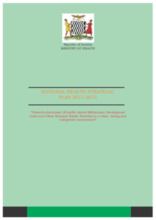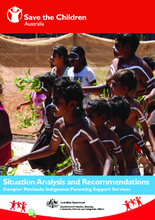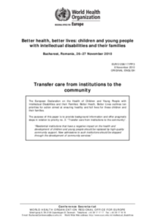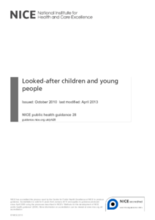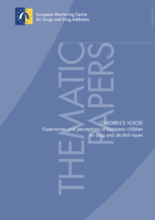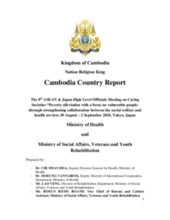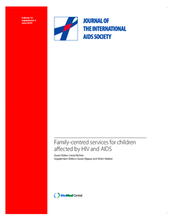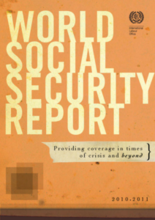Displaying 201 - 210 of 243
The first ever World report on disability, produced jointly by WHO and the World Bank, suggests that more than a billion people in the world today experience disability. This report provides the best available evidence about what works to overcome barriers to health care, rehabilitation, education, employment, and support services, and to create the environments which will enable people with disabilities to flourish. The report ends with a concrete set of recommended actions for governments and their partners.
This paper examines the relationship between migration and child growth in the rural highlands of Guatemala, a region with substantial international migration outflows, significant remittance inflows, and some of the highest rates of child undernutrition in the world.
This document is the National Health Strategic Plan 2011 to 2015 (NHSP 2011-15) for Zambia.
This report, published by Save the Children Australia, analyzes the situation of the parenting support services for Indigenous communities in the Dampier Peninsula of Australia.
The purpose of this paper is to provide background information and offer pragmatic steps in relation to priority no. 3 of the European Declaration on the Health of Children and Young People with Intellectual Disabilities and their Families: “To transfer care from institutions to the community”. The paper was produced in preparation for the conference in Bucharest, Romania 26-27 November, 2010.
The aim of this guidance is to improve quality of life of looked-after children and young people in England, including their physical health, and social, educational and emotional wellbeing. It focuses on and encourages organisations, professionals and carers to work together to deliver high quality care, stable placements and nurturing relationships for looked-after children and young people.
The purpose of this paper is to give meaning and insight into some of the key drug and alcohol issues that affect children from the perspectives of the children themselves. Research shows that large numbers of children who are separated from their parents are particularly vulnerable to developing drug and alcohol problems. Special attention is paid throughout the report on children looked after by relatives, foster carers, and institutions.
This report from the Cambodian Ministry of Health and Ministry of Social Affairs, Veterans and Youth Rehabilitation outlines the efforts of the Cambodian government to address the needs of vulnerable people.
The special issue brings together the rationale for family-centred services for children affected by HIV and AIDS and some of the available evidence for the effectiveness of integrating treatment and care into the broader context of family-support schemes
This report from the International Labor Organization is the first in a series of the World Social Security Reports whose chief aim is to present the results of regular statistical monitoring of the state and developments of social security in the world. It presents the knowledge available on coverage by social security in different parts of the world and identifies existing coverage gaps. It also examines the scale of countries’ investments in social security, measured by the size and structure of social security expenditure and the sources of its financing.

